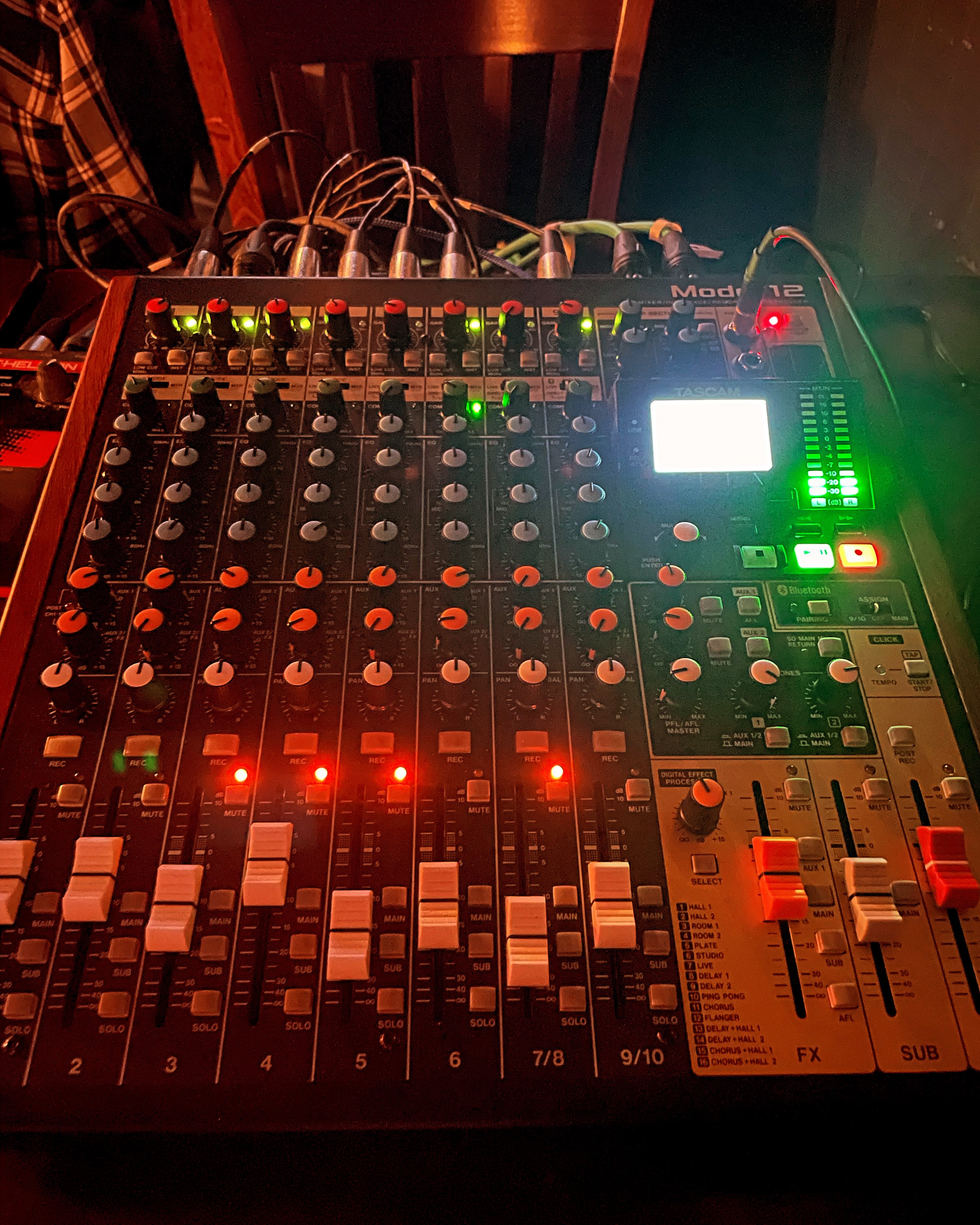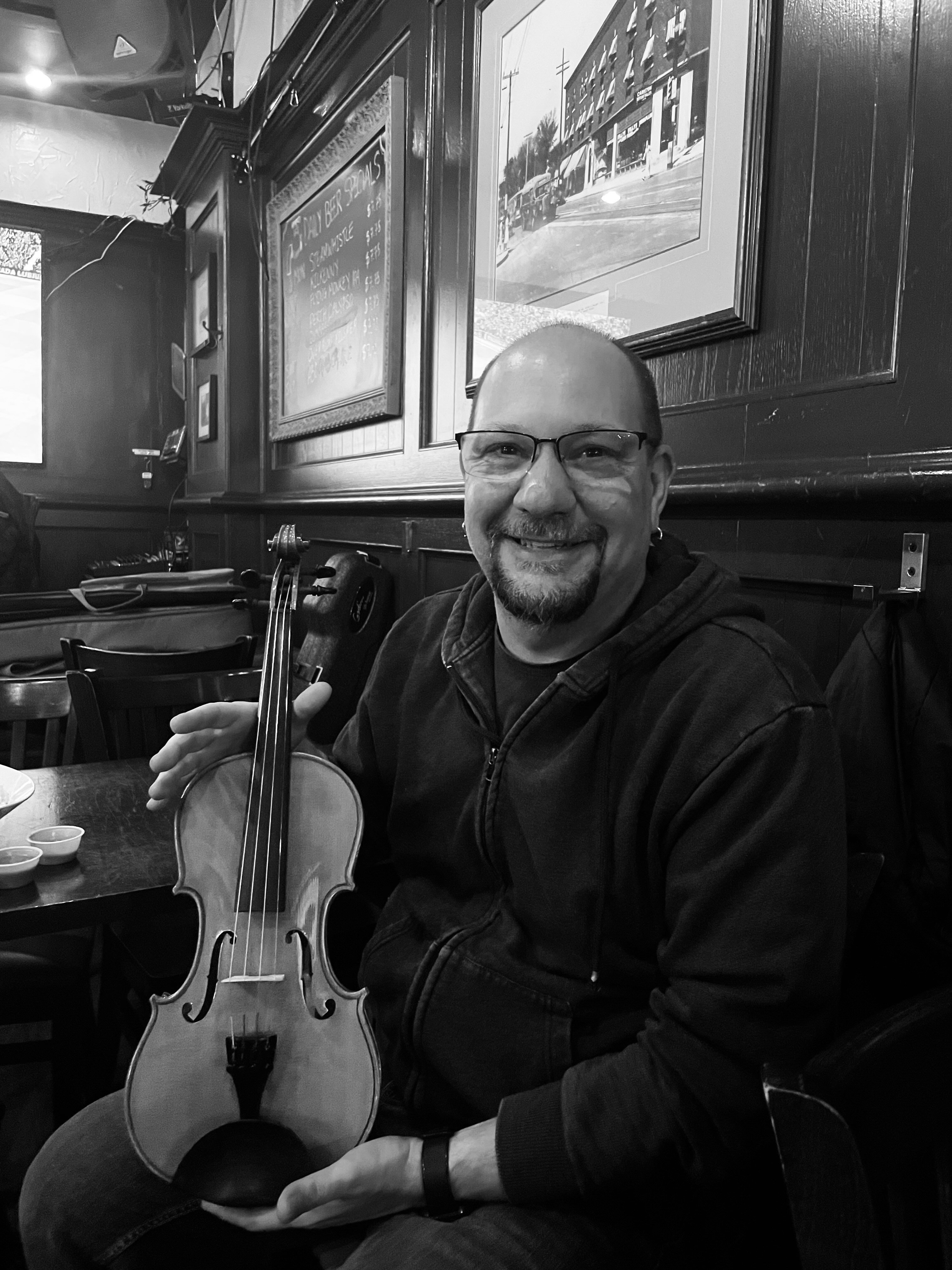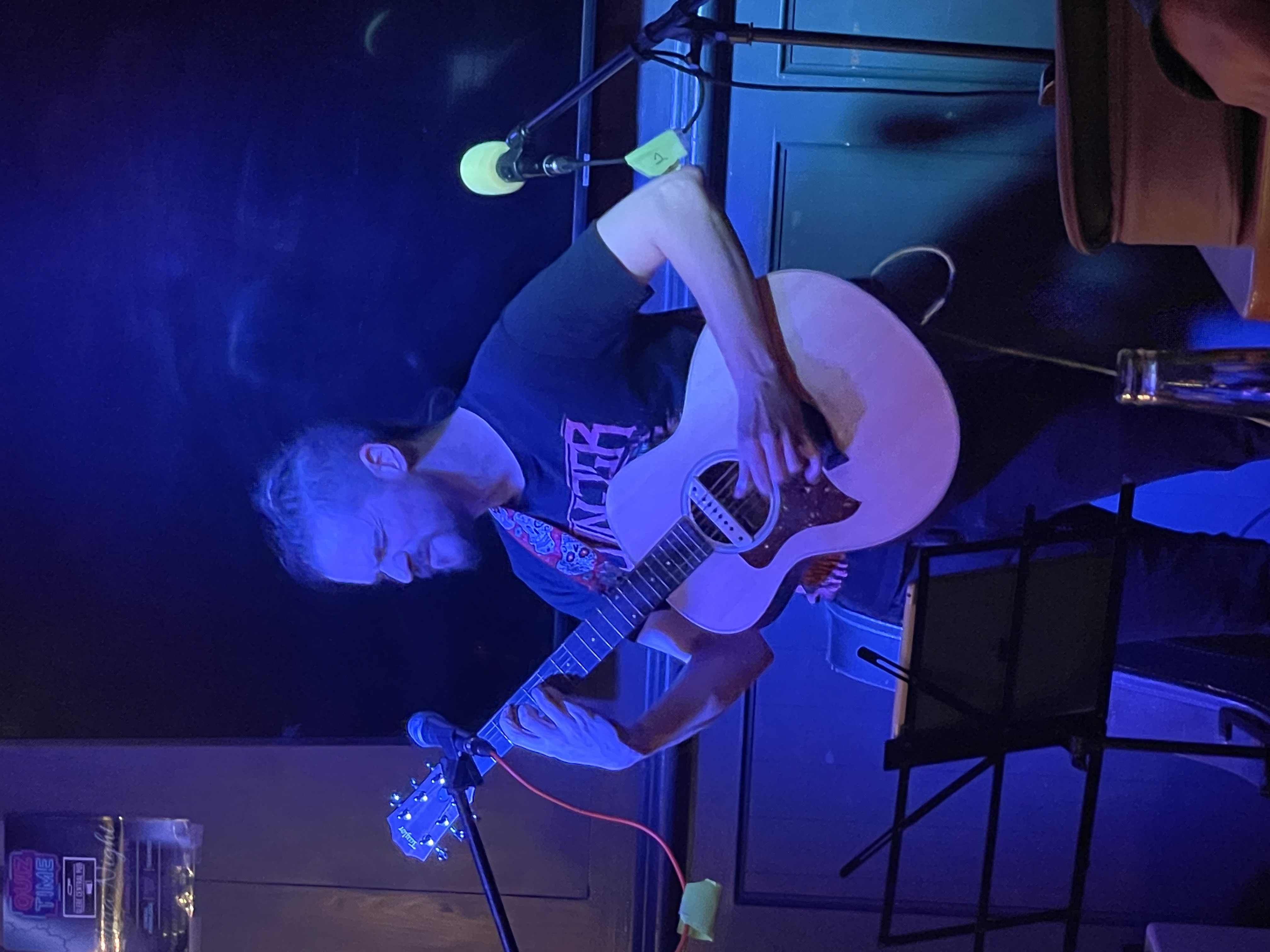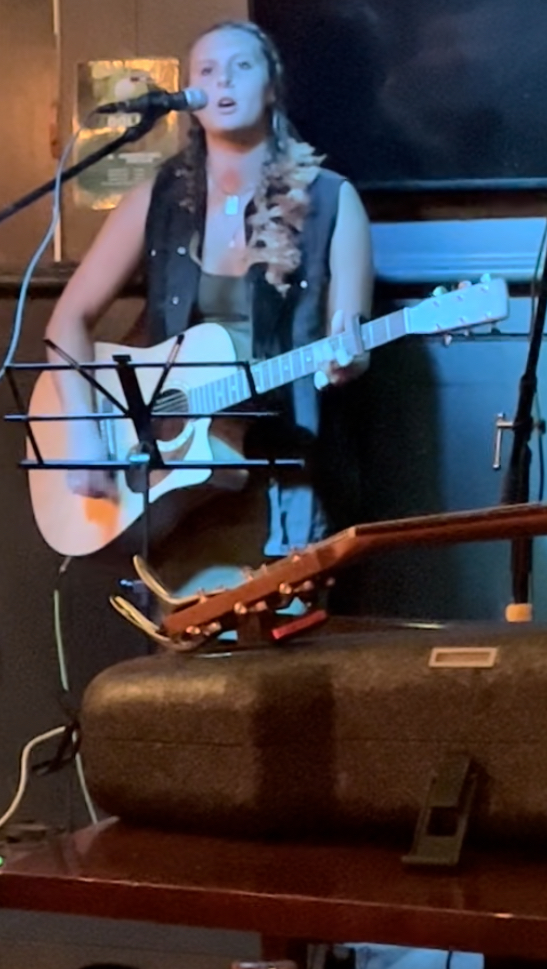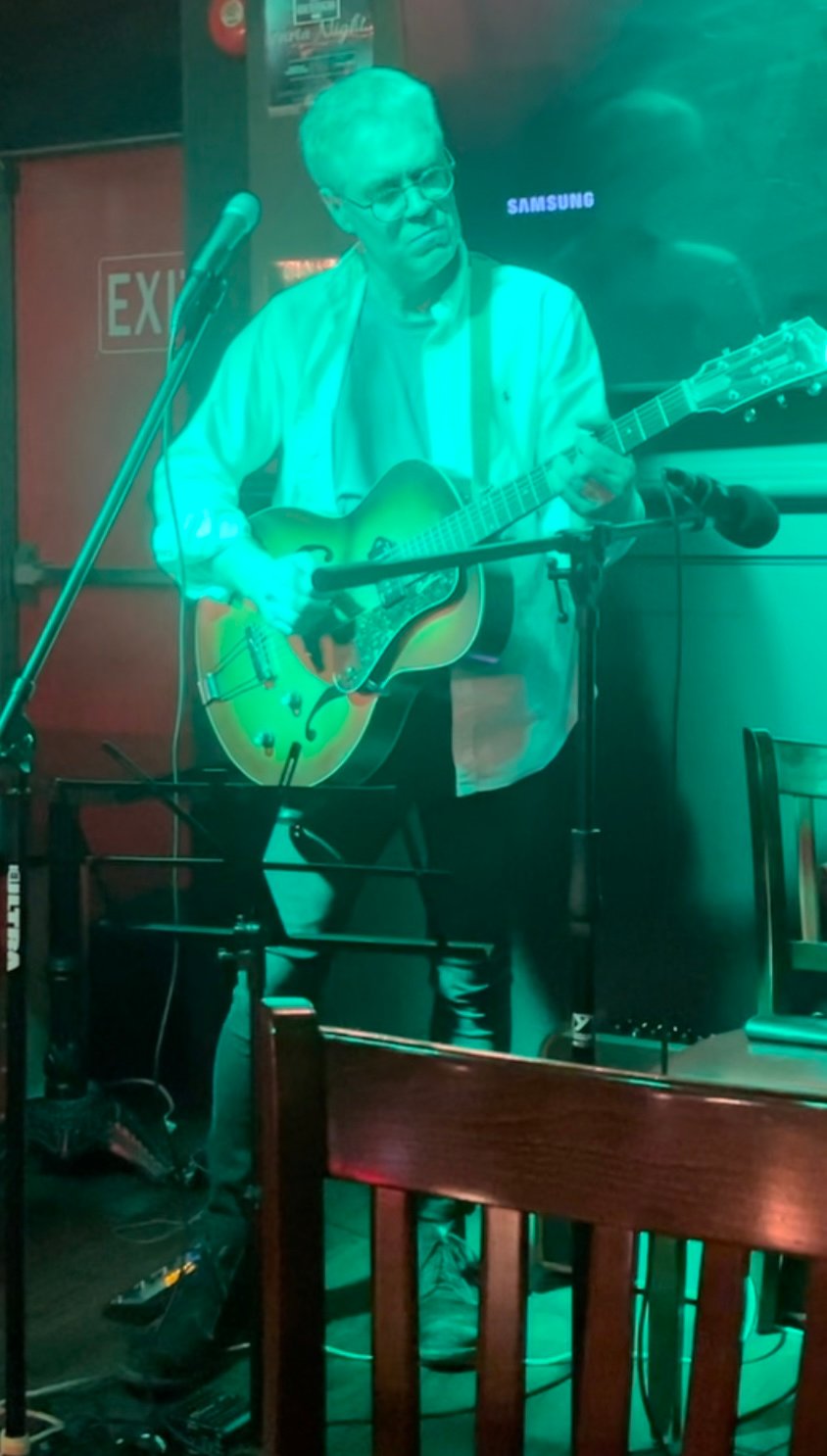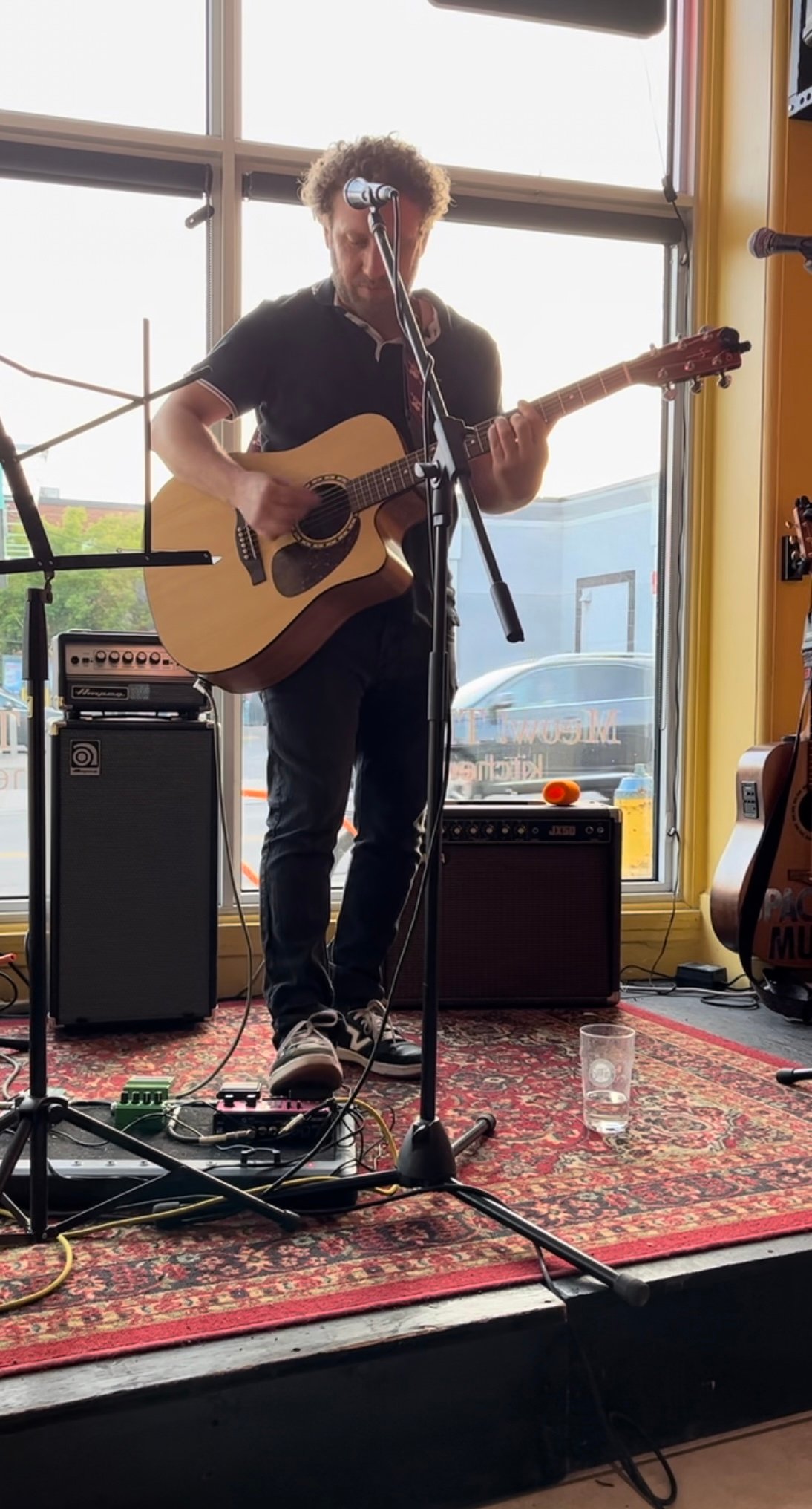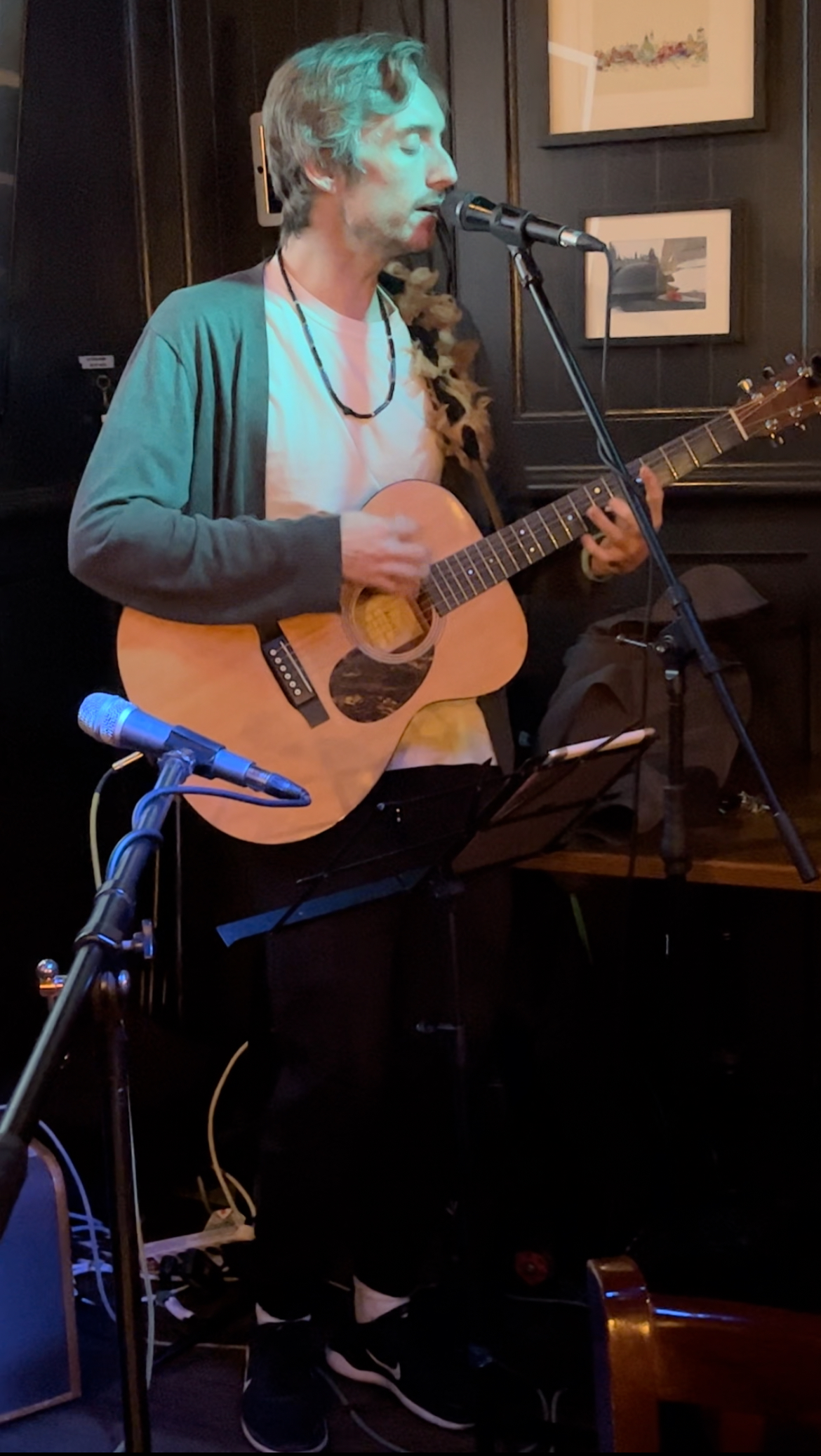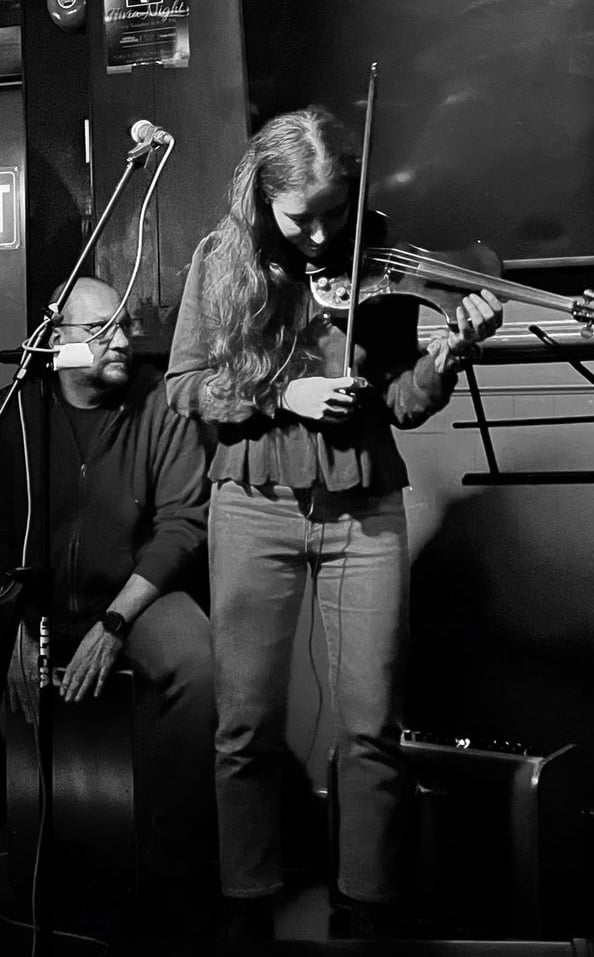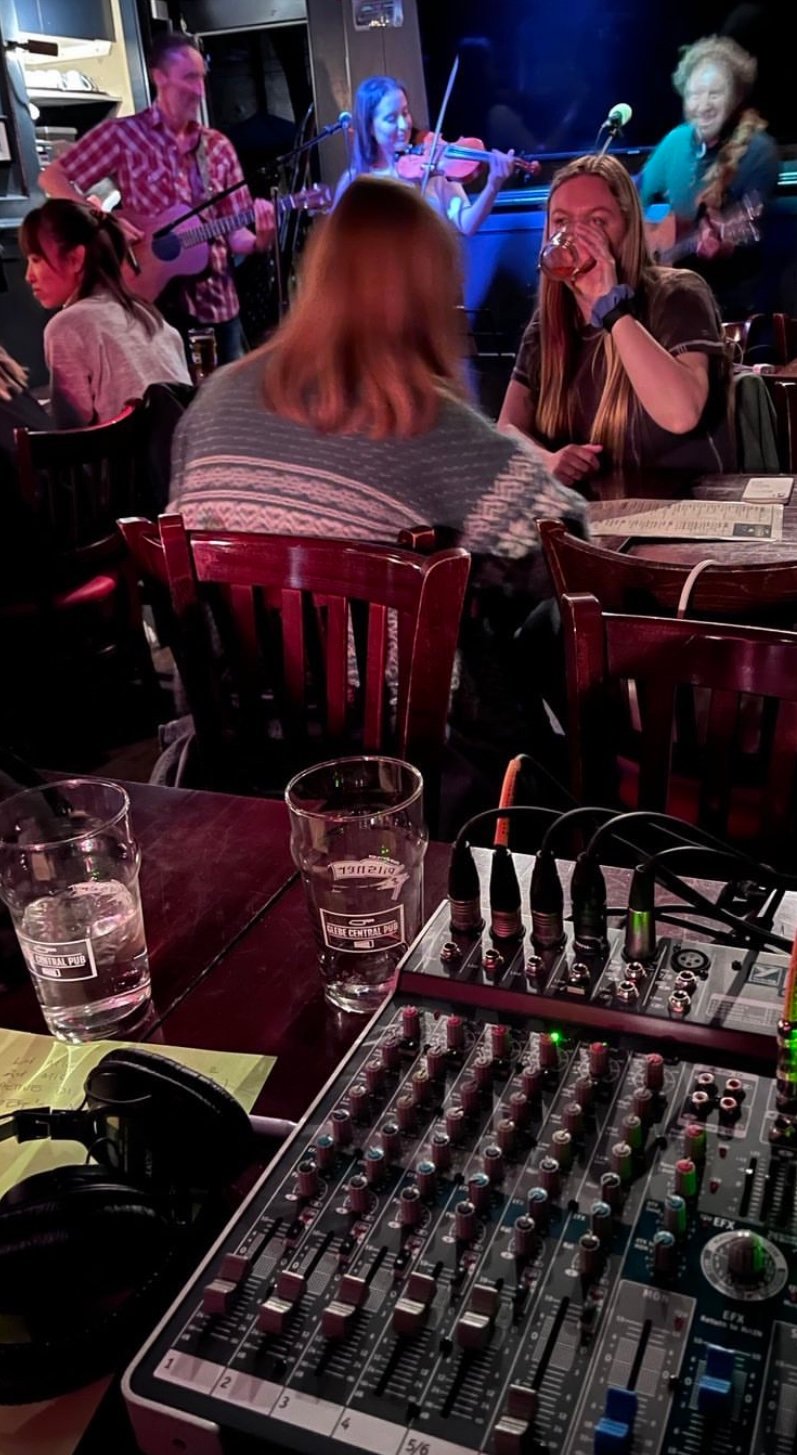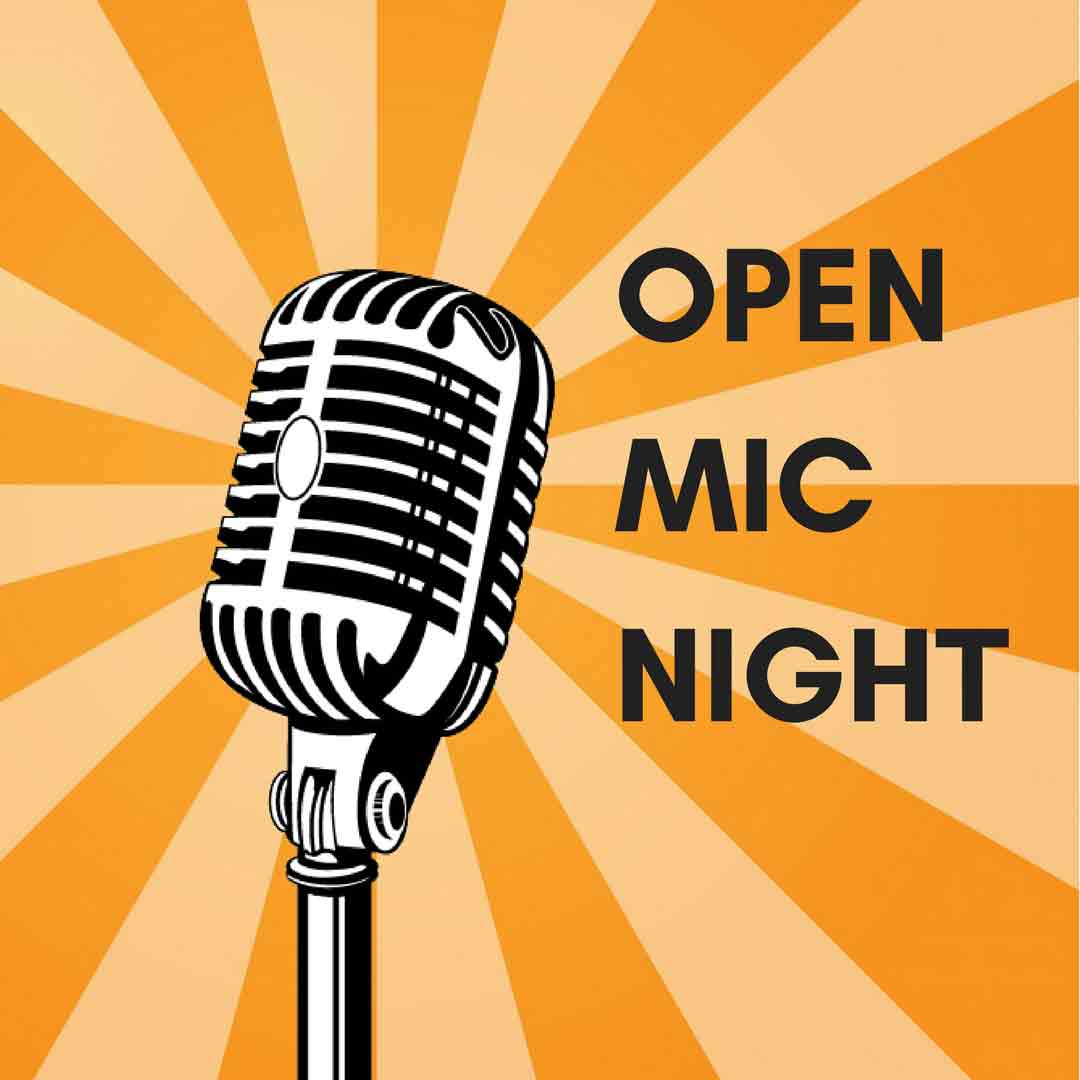
Joey Vinegar and Company
The Ottawa Open Mic
Welcome to The Ottawa Open Mic. We are the hosts of Ottawa’s only open mic which can not only provide you a venue in which to show off your talents, but which can also—if you choose—record your set on multiple channels and make them available to you for future editing in a DAW. (We also provide a simple stereo mixdown of the whole set.) Come hang with Central Station and Chalk River Incident at Ottawa’s Glebe Central Pub! (Soon we may also be announcing a second location.) Sign up for our mailing list below so we can provide you with links to your files. We hope to see you soon!
Please sign up so we can email you your set.
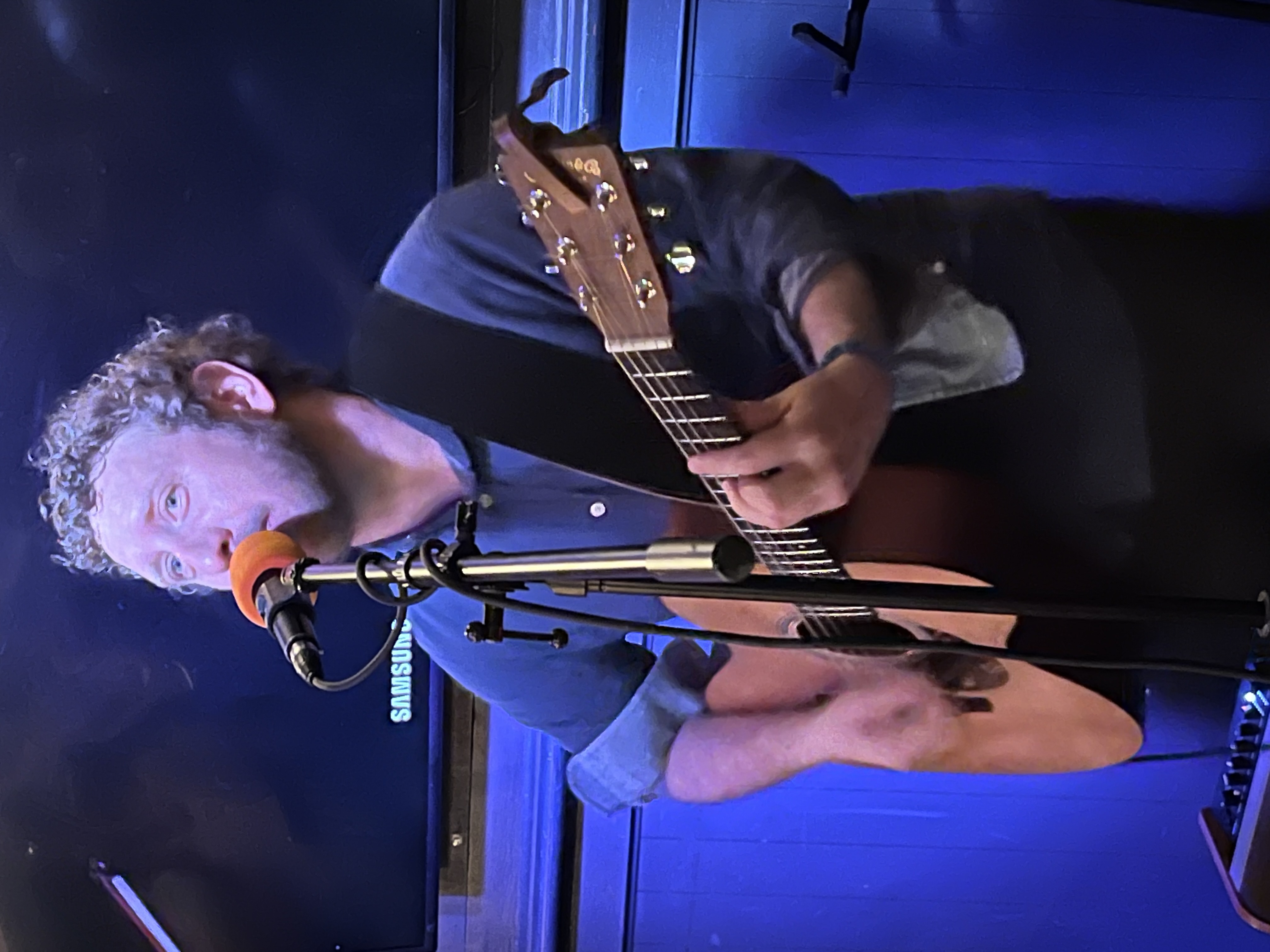
Welcome to The Ottawa Open Mic hosted by Joey Vinegar at the Glebe Central Pub! Every Wednesday we host Ottawa’s most innovative open mic—the only open mic where we can record your set on multiple, independent tracks. Signup is at 8:30. Bass and cajón players can also often accompany you if you choose.
Date/time: Every Wednesday. Signup 8:30 pm, music 9:00 to 11:30 pm.
Location: Glebe Central Pub, 779 Bank Street
Upcoming Open Mics
A list of our upcoming Open Mics.
8:30PM Signup
Glebe Central Pub
Every Wednesday from 8:30PM-11:30PM hosted by Joey J. Vinegar.
Our Equipment
Ottawa Open Mic uses modern sound systems with digital mixers capable of live recording at venues of multiple sizes. We are experienced integrating with existing sound systems and can also provide all necessary equipment for your event.
Yorkville NX55P main speakers
Yorkville monitors
Behringer XR18 mixer
TASCAM Model 12 mixer
8 channel audio snake
16 channel audio snake
Low noise, balanced TRS, XLR cabling throughout
Shure Beta 57a, 58a microphones
House guitars, amps
Mic stands, music stands, guitar stands, task lighting

Open Mic Tips and Tricks
Performing at an open mic can be a stressful experience. Being prepared and knowing what to expect can help you have a much more enjoyable experience—and can help you deliver a better performance. The following tips are meant to help you be as prepared as possible for an amazing night at The Ottawa Open Mic:
1) Arrive early and sign up early. Signups can fill up quickly. Avoid disappointment and get to the venue for signup time.
2) Learn how to use a microphone. Modern microphones used for live events are precision instruments, with directional sensitivity designed to reject house noise. To use them well, sing directly into them, typically from a small distance of a few to several centimeters. Not offset, not back three feet. Directly into the mic. If you are unfamiliar with using a microphone, ideally, when you rehearse, spend some time practicing this, specifically. Rehearse singing using a mic, and monitoring the results, however you can arrange to do so.
3) Practice your vocal, too. Instrumentalists especially take note: if your performance also has a vocal, the performance is the whole package. A better vocal—and your spending some time thinking through how you want to deliver it—can elevate the performance enormously. And yes you can learn to sing—and to sing better—at any age. Don’t get our local vocal teachers—a few tend to be around our events—started on the many myths around this. Yes, it’s easier for some. But it’s still an acquired skill like any other instrument.
4) Have your instrument tuned beforehand. Please don’t be the person that takes ten minutes to tune onstage, making other guests and performers wait. If you are bringing your own instrument, many tuners are available which can detect instrument vibrations directly, even in a loud venue when you can’t hear the strings. If you don’t have such a tuner, our crew or another performer may be able to lend you one. For instruments for which this is not practical, often you can sneak into a side room to take care of this. Note also that in Ottawa’s frequently variable and harsh climate, instruments recently brought into a warm venue may drift rapidly and drastically from a previous tuning. Ideally, to deal with this, open your case a little upon arrival, letting your instrument breathe, and check its tuning some minutes later, after it has come to the ambient temperature.
5) Dynamics are your friend. Novice guitar players unused to public performance especially tend to play at uniform and high volumes throughout their set, strumming hard. Yes, the room may be loud, but: you have amplification. You can vary the dynamics and still be heard, and approaching this artfully can make a performance much more engaging. Were you giving a speech, shouting the whole thing—apart from leaving you hoarse—would leave you little way to emphasize anything—and monotony tends to lose audiences. So it is with music. Vary your vocal, vary your attack on the strings. Build a performance that plays with volume levels. It’s not especially technically difficult to do, and it’s generally more interesting to listeners (and easier on everyone’s ears).
6) Coordinate with other players early. If you want bass and percussion or other collaborators, be sure to talk to the performers well before your set, so we can be sure everything is set up, and so that the bass player and cajón player can actually play your song.
7) Be courteous, and be efficient. The more efficient we all are, the more we get to play, and the more the audience gets to hear. So please show up rehearsed, with whatever gear you need set up beforehand as well as possible, step into your set, and play. Likewise, after playing, please clear out your equipment quickly so the next player can begin.
8) Don’t stop. If you make a mistake, keep playing. A surefire way to draw attention to your mistake is to stop playing and apologize. If you’re playing with others, this is just likely to trip them up, too, and if you’re playing solo, part of learning to perform is learning to recover from mistakes and to continue your performance. Remember your mistakes, and rehearse to avoid them in the future, sure, but onstage: keep going.
9) Backing tracks. Yes, we can support backing tracks. Please see the sound technician prior to your set and we will pair your phone to the audio mixer in advance. Please also remember to disconnect the mixer from your phone after your performance. You may not want the contents of your next phone call broadcast over the PA.
10) Have fun. You have come to an incredibly supportive environment. Performing—and meeting an audience and other musicians—can be an incredibly rewarding experience. Come, join us for a wonderful evening.

